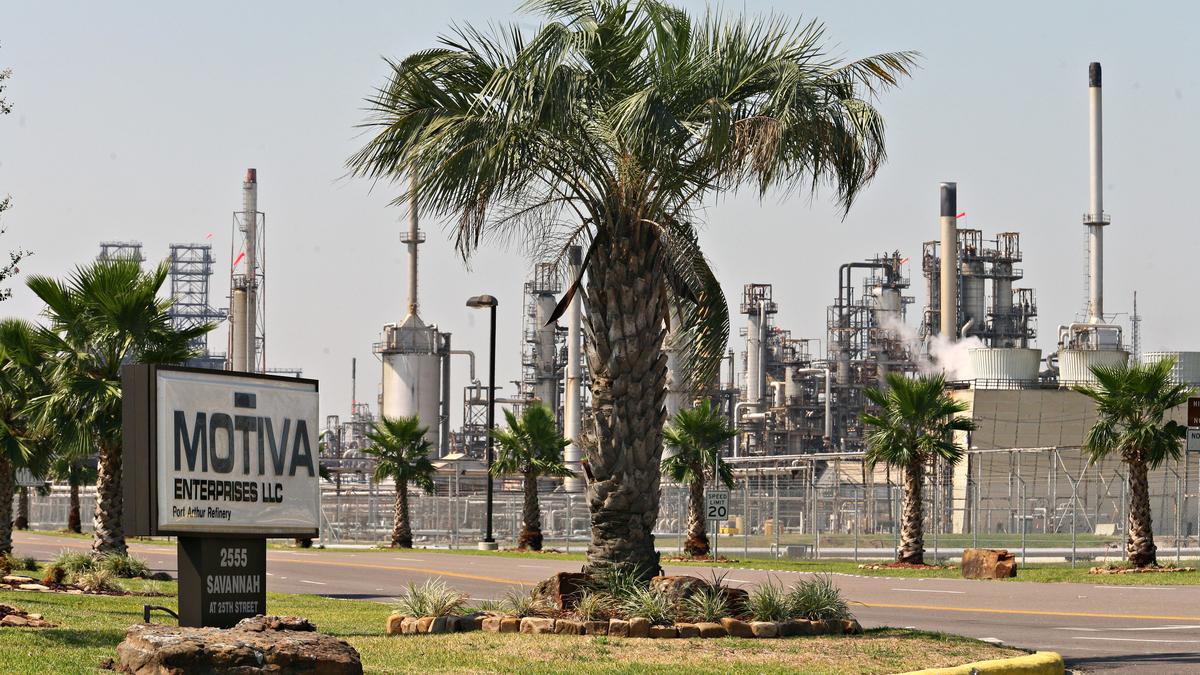
The United Kingdom, which holds the presidency of this year’s United Nations climate conference, made the wise decision to bar fossil fuel companies from being corporate sponsors of the event. This is not to say, however, that the UK is generally tough on industries that harm the environment.
That’s one of the findings from the data collected in Violation Tracker UK, a database of business misconduct my colleagues and I at the Corporate Research Project of Good Jobs First have just launched. We assembled 63,000 cases dating back to 2010 from more than 40 regulatory agencies. Among those are the Environment Agency, Natural Resources Wales, the Scottish Environment Protection Agency, and the Northern Ireland Environment Agency.
Altogether, we identified nearly 6,000 cases in which a company was found to have committed an environmental offense. Yet in more than half of these, the culprits were not required to pay any sort of monetary penalty and instead were let off with a caution.
Among those environmental cases with a fine or settlement, the aggregate penalties were just £312 million. The penalties exceeded £1 million in just a dozen cases; in only 135 instances were they above £100,000. Many of the larger environmental penalties involved privatized water companies, which should be fined even more heavily, given the frequency with which they break the rules.
These numbers stand in stark contrast to the totals for competition-related offenses and financial offenses. There are fewer cases in those categories—a total of about 2,200—but the penalties have been substantially higher, totaling £5.2 billion for competition cases and £2.8 billion for financial ones. In those categories combined there have been 285 penalties of £1 million or more, and 716 above £100,000.
The UK’s use of monetary penalties also lags when it comes to safety-related offenses, including workplace safety as well as product, healthcare and transportation safety. This category accounts for just £413 million in penalties. The aggregate fines and settlements for environmental and safety offenses combined is only one-tenth that of competition and financial offenses. The other categories covered by Violation Tracker UK—employment-related offenses and consumer protection cases—fall in between.
Like the U.S. Violation Tracker on which it is modeled, Violation Tracker UK identifies which of the entities named in the individual cases are linked to larger parent companies. The UK parent universe numbers more than 650, both publicly traded and privately held. The parents are headquartered in more than 30 countries. After the UK, parents based in the United States account for the largest number of cases and the highest penalty total.
As in the United States, the list of companies with the highest penalty totals in Violation Tracker UK contains numerous big banks, both domestic and foreign. Three of those banks are the only corporations to appear among the ten most penalized companies on both trackers: JPMorgan Chase, Deutsche Bank and UBS. Other types of large, publicly traded corporations also feature prominently in the UK rankings. Companies in the FTSE 100 account for more than one-quarter of the Violation Tracker UK monetary penalty total.
Big business does not behave any better in Britain than it does in the United States.

